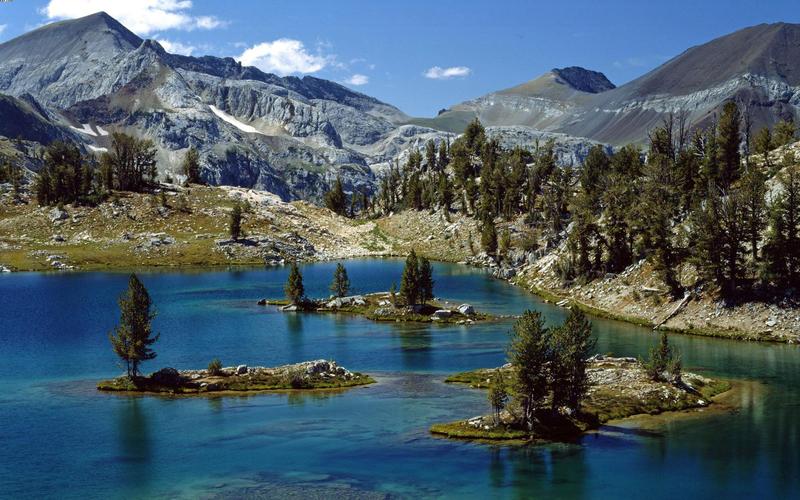Honoring Our Ancestors: Exploring Cultural Death Traditions Around the World
Introduction
Death is a topic that is often avoided or ignored in many cultures. However, for some cultures, it is seen as a significant event that requires respect and proper acknowledgment. Death traditions vary around the world, and they offer unique insights into how different cultures approach this universal experience. In this article, we will explore some of the most interesting cultural death traditions from around the world.
Mexico: The Day of the Dead
In Mexico, the Day of the Dead is a significant cultural event that takes place on November 1st and 2nd. This tradition originated from the Aztec practice of celebrating the goddess of death, Mictecacihuatl. The Day of the Dead is a time when families remember and celebrate their deceased loved ones. Traditional Mexican families set up altars, or ofrendas, in their homes with offerings of food, flowers, and photographs of their ancestors. It is believed that the spirits of the dead will come back to visit their families and enjoy the offerings made in their honor.
Japan: Obon Festival
The Obon Festival is a Japanese celebration that takes place in mid-August. This festival is a time when Japanese families honor their ancestors and welcome back the spirits of their loved ones who have passed away. During Obon, families light lanterns to guide their ancestors’ spirits back to their homes. In Japan, it is also a custom to visit the graves of ancestors and clean them during this festival.
India: Antyesti
In India, the Antyesti, or the funeral ceremony, is a significant event in Hindu culture. The ceremony usually takes place within 24 hours of the person’s death, and the family members are responsible for performing the last rites. During the ceremony, the body is washed and dressed in a white cloth before being taken to the cremation ground. The cremation is done in the presence of family members, who perform various rituals to bid farewell to the deceased.
Conclusion
Honoring our ancestors and acknowledging the inevitability of death is an essential part of many cultures worldwide. These death traditions provide unique insights into how different cultures approach death and mourning. Through the customs and rituals that these cultures practice, we can learn to better understand and appreciate the diversity of human experience. It is essential to recognize the importance of cultural traditions and respect them in our increasingly interconnected world.
(Note: Do you have knowledge or insights to share? Unlock new opportunities and expand your reach by joining our authors team. Click Registration to join us and share your expertise with our readers.)
Speech tips:
Please note that any statements involving politics will not be approved.
